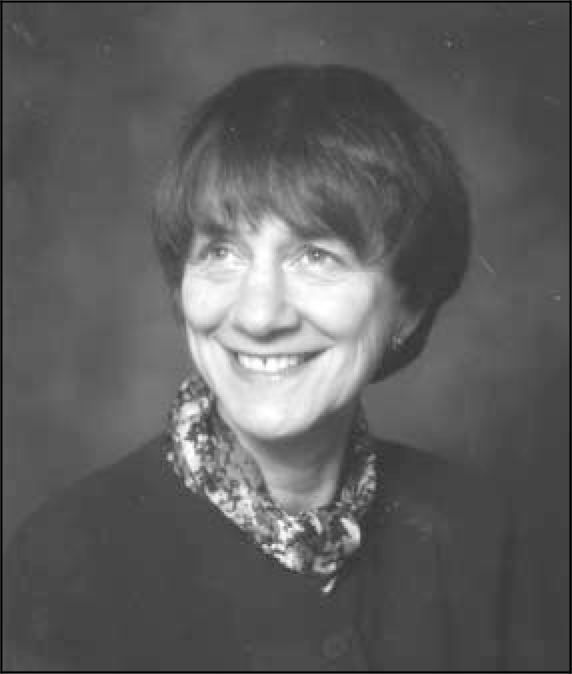
Nori Graham is Emeritus Consultant in the Psychiatry of Old Age at the Royal Free Hospital, London. She studied at Oxford University and University College Hospital (UCH), London. Her special interests include Alzheimer's disease.
Why don't medical students aspire to be psychiatrists?
They do. I did, encouraged by family friends before I entered medicine, an interest in the arts at Oxford, good psychiatric teaching at UCH and an elective as a student with an inspiring, psychologically orientated general practitioner, John Horder. More opportunities to observe an unrushed, holistic approach to patients with mental disorders by wise, understanding doctors would attract many students to the field.
Is psychiatry a thankless task?
My experience has been an entirely rewarding one. Patients, staff and relatives have all made me feel how worthwhile it is to work in psychiatry.
What has been the highlight of your career?
Being made an honorary Fellow of the College. My husband, Philip and I are proud to be the first married couple to be so honoured.
… and the lowlight?
Working in family planning and child welfare and waiting around for someone to agree to give me a paid part-time job in psychiatry while I was bringing up three children.
Have you ever surprised yourself?
In 1987 Jonathan Miller, a friend from medical school and President of the Alzheimer's Society, suggested that I put my name forward to become its Chairman. I surprised myself by agreeing and was stunned to be elected. It changed my life.
…or been disappointed?
I was very disappointed when in 2000, the year I retired, the Royal Free Hospital decided it could no longer afford to keep psychiatry within its acute trust.
How competitive are you?
Only on the tennis court.
What is your greatest ambition?
To continue to be somebody that people can trust and find helpful.
Is private psychiatry an ethical possibility?
Not if it takes time away from public sector work.
Is there any aspect of work that induces procrastination?
Yes – this – writing.
Should wards be single sex or mixed gender?
On psychiatric wards there should be single room accommodation and lounges for both males and females. On general wards there should be single sex bays.
The greatest pleasure in life is…
Watching my children change and my grandchildren grow up.
When you are on holiday and people ask what do you do, what do you tell them?
The truth, that I am a psychiatrist for the elderly! But as quickly as possibly I tell them about Alzheimer's Disease International and the need for funding. Ever an opportunist!
Do you have a mentor?
Yes several. First and foremost my husband Philip followed closely by Tom Arie who introduced me to the wonders of old age psychiatry, Anthony Mann who introduced me to old age epidemiology and still holds my hand, and old friend, George Cyriax businessman and economist who became Honorary Treasurer at the Alzheimer's Society and taught me how to set up a business – a skill I have helped to pass on to other countries.
Is there an argument for psychiatrists having individual psychotherapy?
Yes but not all of them. Some people have natural talents for listening, observing and empathising. Others have real difficulty. As a trainee it is important for supervisors to detect those in need of personal psychotherapy and advise accordingly.
Where is psychiatry going?
I like to think that it is going in the direction I want it to go, understanding people, helping in a practical way with their problems and giving drugs as appropriate.
Why do you enjoy research?
I don't. But I am a great supporter of other people's and love applying the findings!
What is your view of the relationship between psychiatry and the drug industry?
Best kept at arm's length. The industry has a subtle and sometimes an insidious influence. I have received very little direct support myself. During my time as Chairman of the Alzheimer's Society no money was received from drug companies. At Alzheimer's Disease International we do receive some unrestricted funding.
Is there a recurrent ethical dilemma that stalls you?
Yes – at the time of writing this I am preparing a talk on dementia drugs and ethical issues.
Psychotherapy or psychobabble?
Psychotherapy, like all other interventions, is babble in the absence of an evidence base.



eLetters
No eLetters have been published for this article.